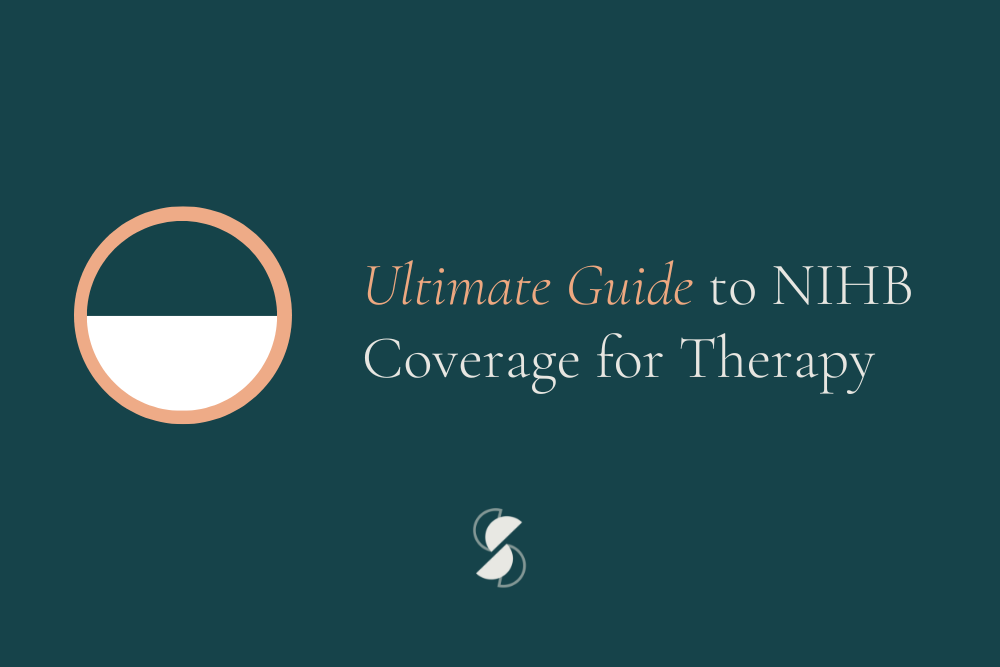7 Tips For Overcoming Dental Anxiety

Easing Dental Fear
It’s all too common that we avoid healthy changes towards wellness because they push us outside our comfort zones.
Whether we’re starting a new workout, updating our diet, or improving our interpersonal relationships, healthy change involves some level of anxiety and discomfort.
For many, dental anxiety is one of these major hurdles. While securing dental insurance can pose a complex barrier to oral health, data shows that millions of Canadians are avoiding routine dental work out of anxiety-induced fear. Nearly 15 million Canadians — 40% of the population! — have a fear of the dentist such that it prevents them from going for screenings or routine care.
Oral health is an essential part of overall health, and overcoming anxiety symptoms associated with visiting the dentist is a critical form of self-care. (Sorry, binging Netflix and cat videos won’t do the trick this time!)
Why is Dental Anxiety so Common?
A cruel irony of avoiding routine checkups is that you’re likely to pay for that neglect later with invasive emergency dental treatments. At that point, your anxiety may seem like it was proportional to the experience. However, seeing a dentist for routine care might have prevented the need for invasive procedures in the first place.
From my own experience with clients working through dental anxiety, I’ve found there isn’t one glaring reason people fear the dentist. Rather it’s more of a combination of expectations and fears coming together.
- Societal stereotypes: TV shows, movies, parents, and siblings all paint a scary picture of what going to the dentist is like. Stereotypes about the dentist often start at an early age and are easy to find everywhere.
- Past experiences (often at a young age): A scary or painful experience at the dentist — especially as a child — can stick with us throughout our entire life if we don’t address the problem.
- Fear of discomfort: Many dental procedures can be painful, especially if the dentist doesn’t explain the treatment or offer proper numbing options. Plus, drilling, grinding, and scraping can feel strange and uncomfortable.
- Lack of control: There’s something about laying on our back with our mouth open while a doctor digs around that just gets to us. A high level of trust is essential.
- Shame: Some folks who neglect their dental health often feel embarrassed or shameful about the condition of their oral health.
Tips for Overcoming Dental Anxiety
Overcoming a phobia or event-related anxiety takes time. They don’t occur overnight and they aren’t resolved overnight. Here’s a list of strategies to get you started:
- Run a Cost-Benefit Analysis: Focus on the pros of visiting the dentist: a healthy mouth, a beautiful smile, improved heart health. Make a list and it’s easy to see that the pros far outweigh the cons.
- Communicate and Build Trust: Most dentists know that people are afraid of them. Most are happy to chat through email or a phone call about any specific fears and insecurities. Building trust and comfort is key. Desensitize yourself by asking the dentist or staff to walk you through the process step-by-step. Staff should understand and want to help.
- Source Multiple Experiences: Those of us with anxiety tend to overgeneralize, jump to irrational conclusions, and turn into catastrophists. Laws of probability and rationality go right out the window. In this era of online reviews, a single negative review can cost a business 22% of potential customers — even if 99% of the reviews are glowing! We tend to overvalue bad press. Ask multiple people for their most recent dental experience (and don’t pry for bad press).
- Ask about Pain Management: Dentists understand dental anxiety and have the tools to help patients cope with pain. Be vocal about any concerns and ask detailed questions. If a dentist doesn’t seem to care, go somewhere else.
- Plan a Sedation Strategy: Sedation dentistry has come a long way over the past decade. Nitrous oxide (laughing gas), pill sedation, and general anesthesia offer various levels to meet each patient’s needs.
- Try Distraction Techniques: Many modern dentist offices come equipped with iPads, tablets, and TVs to help patients distract themselves during uncomfortable treatments. Progressive muscle relaxation exercises and an awesome Spotify playlist can help tremendously.
- Talk to a Therapist: Therapy can also be valuable to address dental anxiety that helps you get to the root of the problem. Many people find techniques like cognitive behavioral therapy (CBT) and eye movement desensitization and reprocessing (EMDR) very effective.
Dental anxiety doesn’t have to be permanent. By laying the groundwork, we can ensure success and have positive experiences at the dentist’s office moving forward. Everyone deserves a healthy smile, and changing our mindsets can help make wellness a reality.















